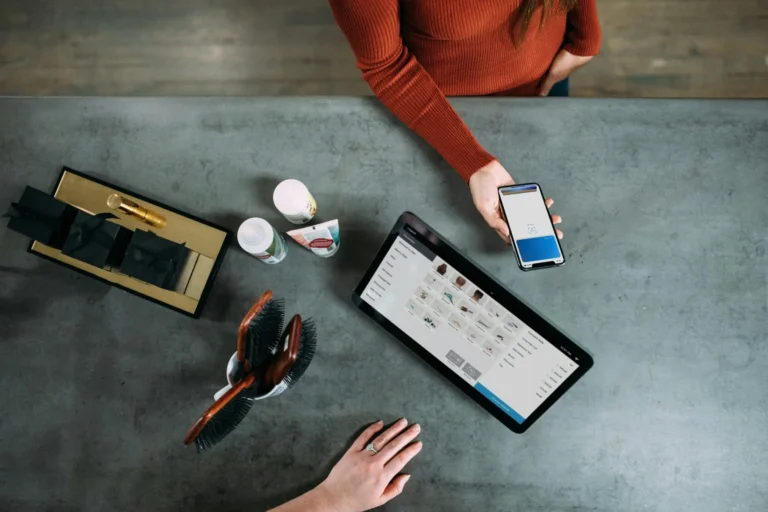We’re sorry. The page you are looking for appears to be missing.
The page that you are looking for does not exist. You may have accidentally mistyped the page address, or followed an expired link. Let us help you get back on track!
The page that you are looking for does not exist. You may have accidentally mistyped the page address, or followed an expired link. Let us help you get back on track!

New data reveals U.S. consumers cutting back on dining and big purchases while trading up for brands that deliver everyday value and quality.

Discover how Hispanic celebrations reflect family, heritage, and emotion—and why brands that honor these moments earn long-term consumer loyalty.

Fill out the form to download your free copy now and uncover the data-backed strategies to meet the moment—and define the future.

Discover what drives retail trust across Gen Z, Millennials, Gen X, and Boomers—and how to unify their expectations to build lasting loyalty.